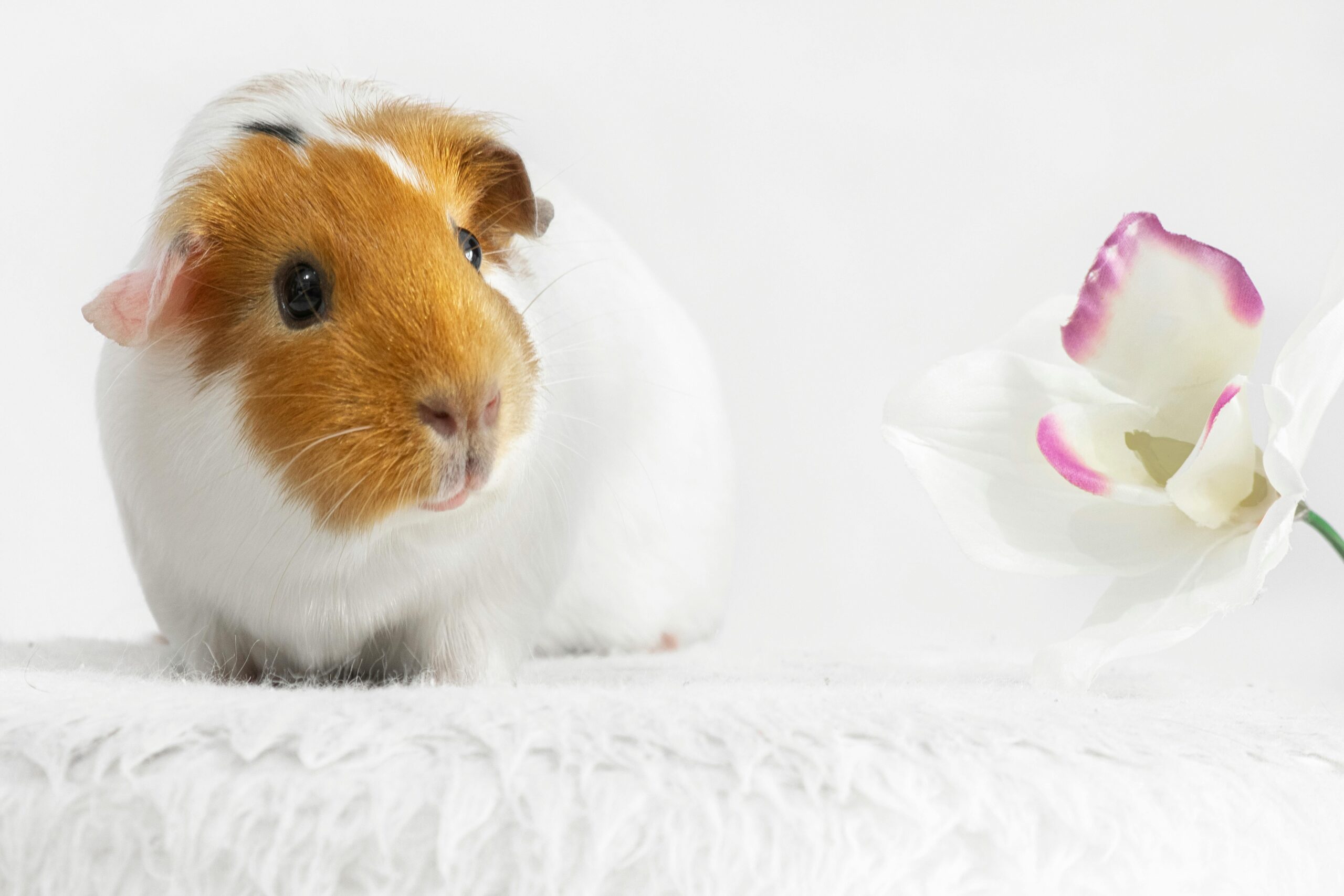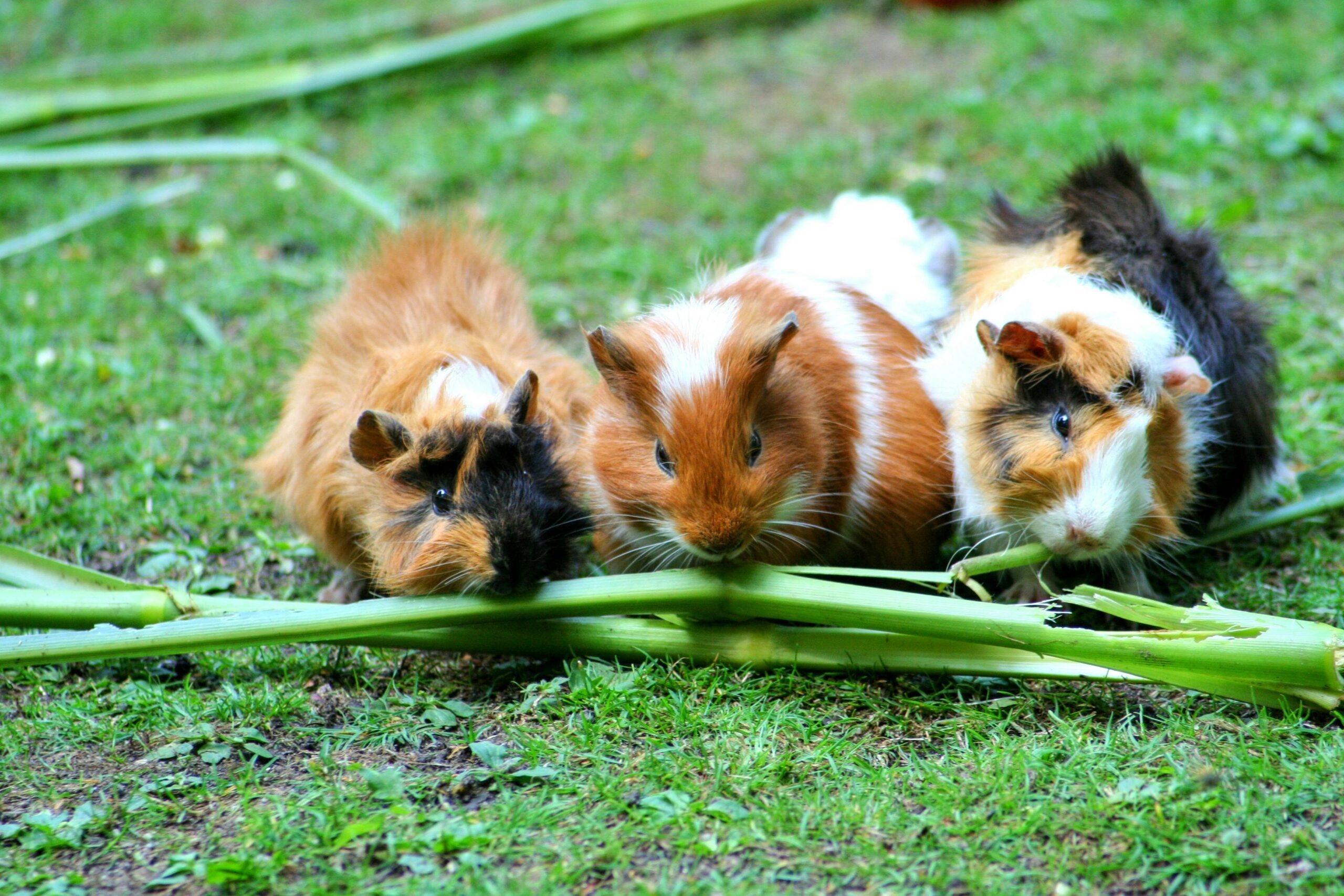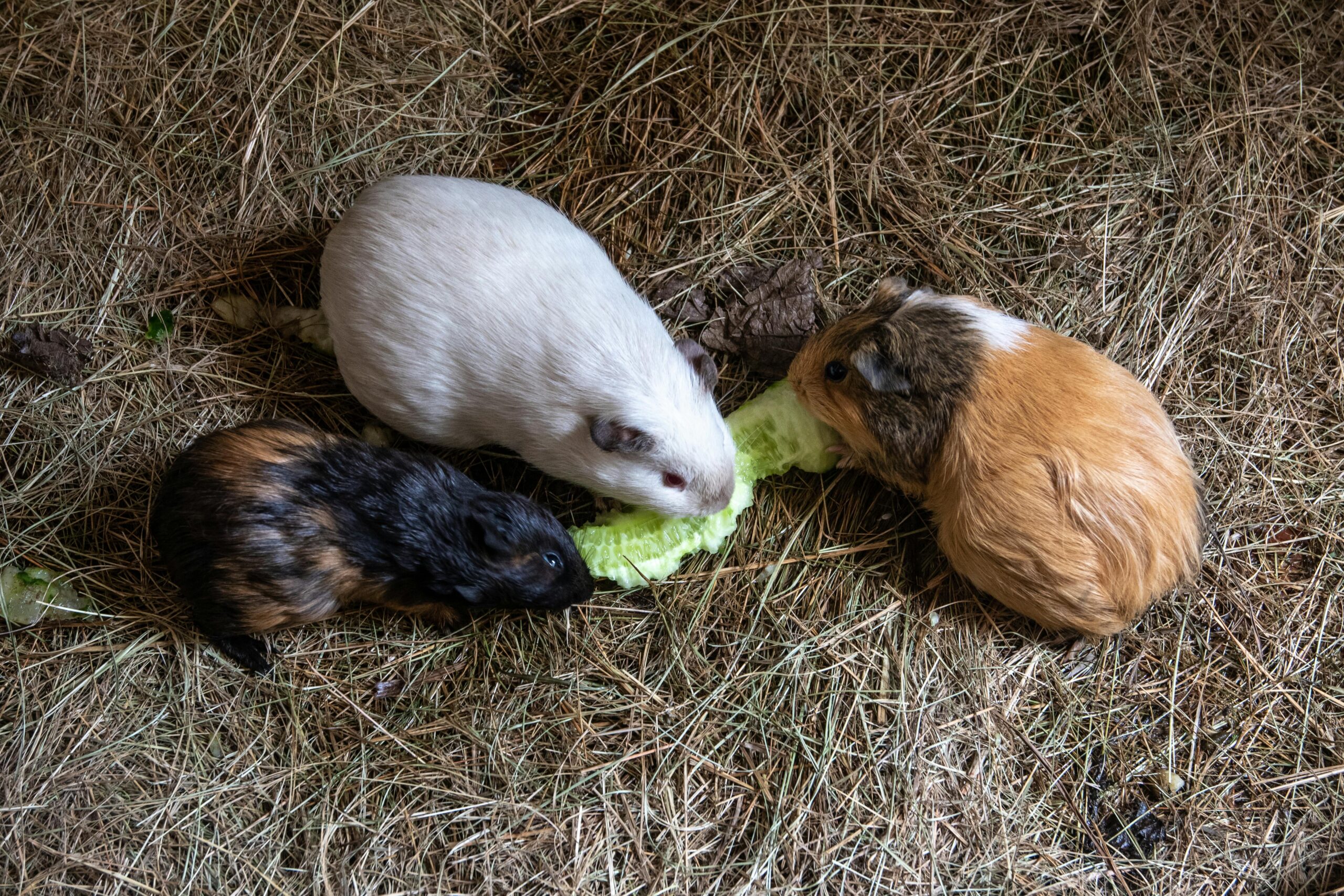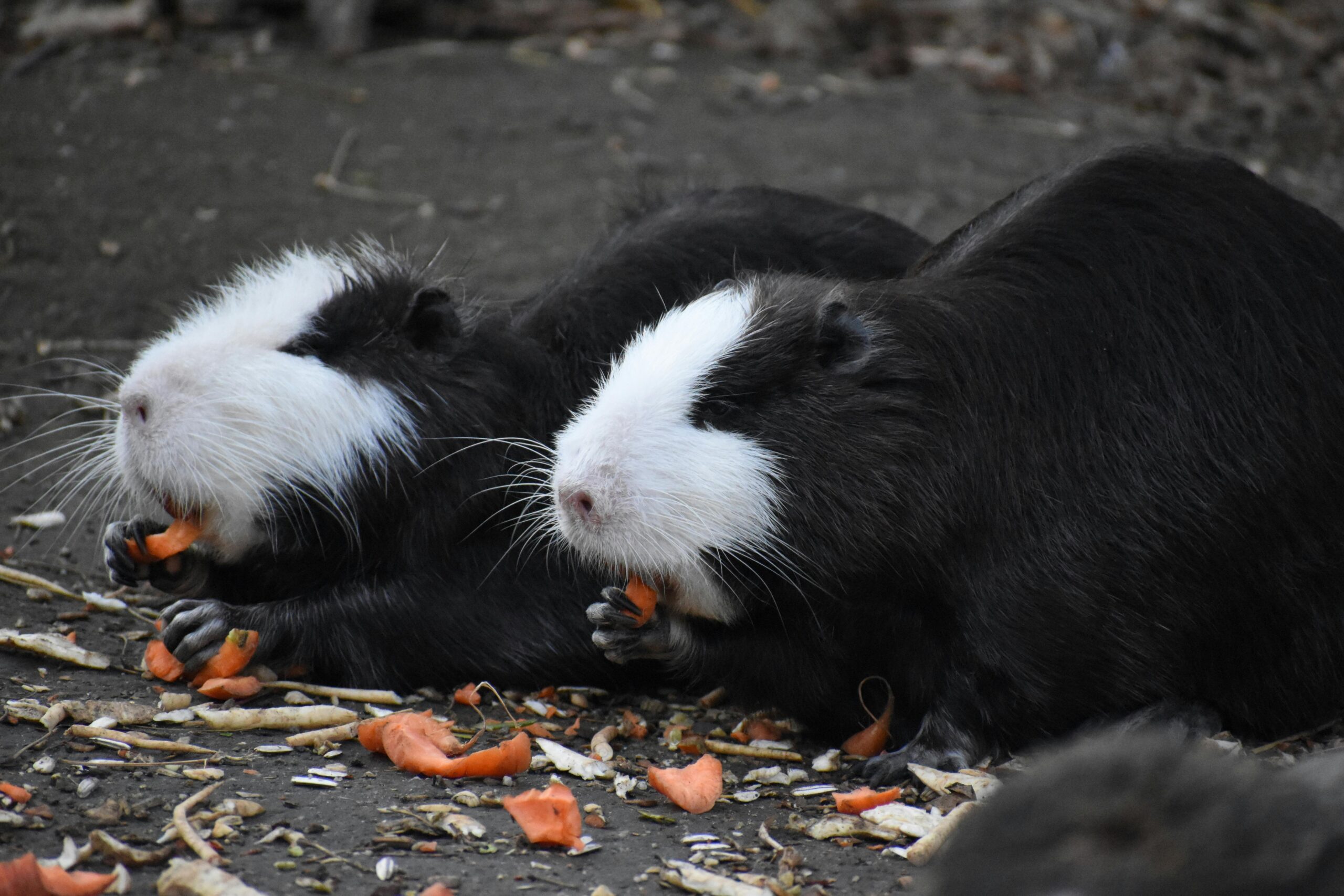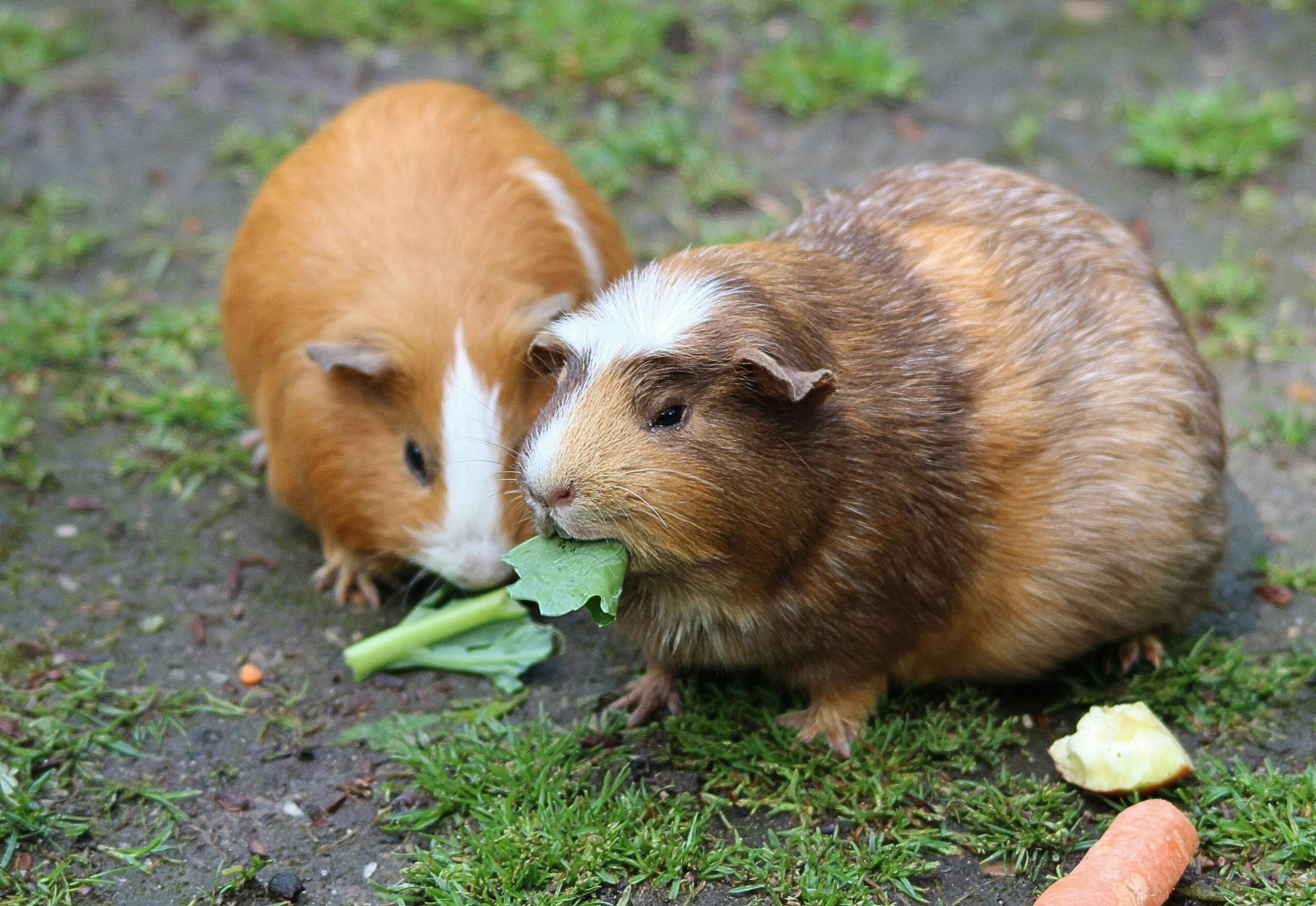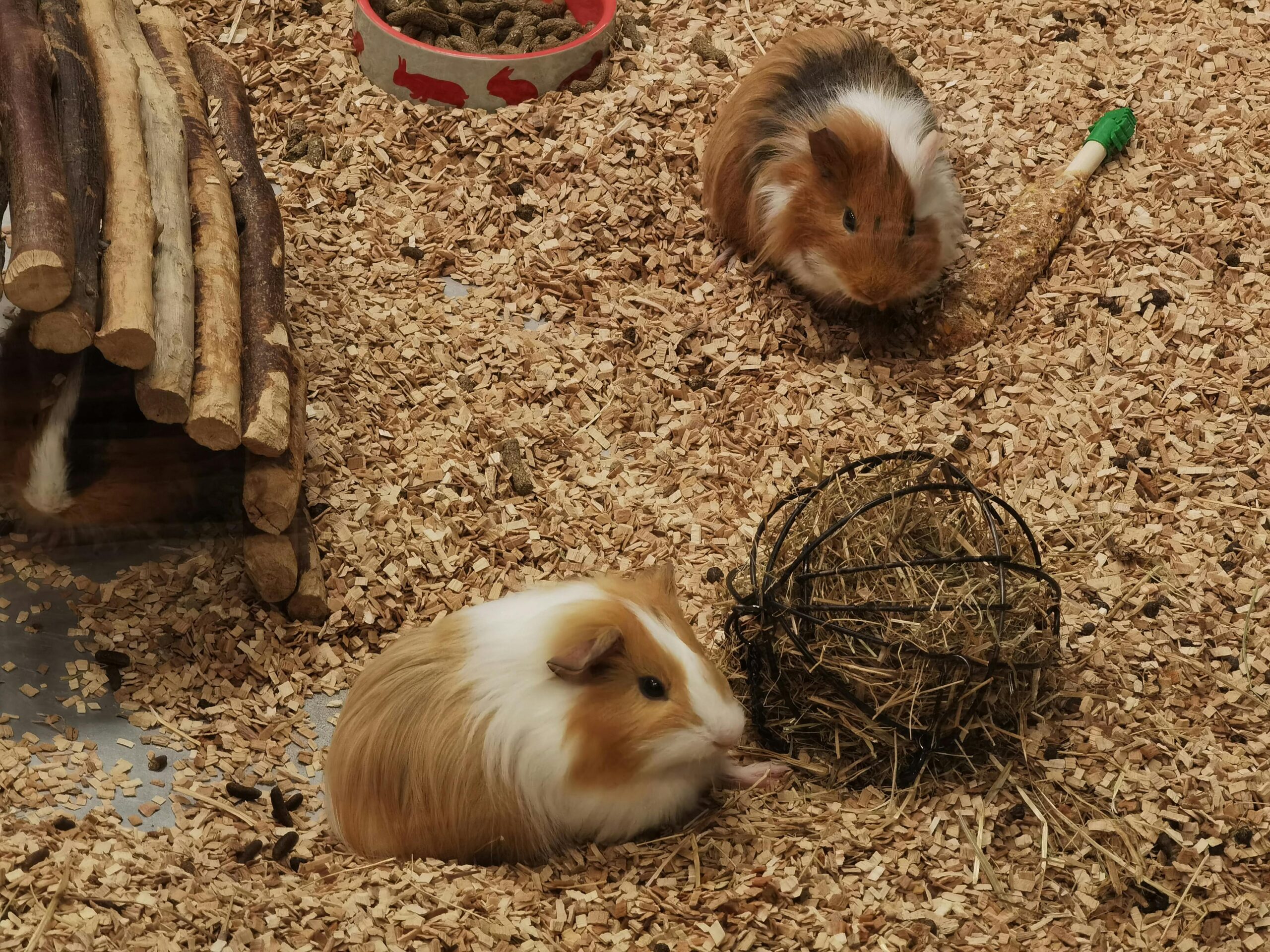Guinea pigs, those lovable, fluffy creatures with an insatiable appetite, are adored by many for their gentle nature and constant snacking. As a responsible pet owner, it’s crucial to understand the nutritional needs of your guinea pig, ensuring you provide a balanced diet that supports their well-being. One recurring question that often arises in guinea pig care is whether or not these little animals can safely enjoy grapes. This comprehensive guide will explore the potential benefits and risks of grapes in a guinea pig’s diet and safe alternatives that offer variety and nutrition.
Understanding Guinea Pig Nutrition
Before diving into the specifics of grapes, we need to lay a solid foundation by discussing the basic nutritional needs of guinea pigs. These creatures are herbivores and thrive on a diet of hay supplemented with fresh vegetables and a measured amount of pellet food. Guinea pigs cannot produce their own vitamin C, making it an essential component of their diet. Ensuring they have a balanced intake of this vital vitamin and other nutrients is critical to their health.
The Importance of a Balanced Diet
Like any mammal, Guinea pigs require a mix of nutrients to keep their bodies functioning at their best. Minerals, vitamins, fiber, and water are all crucial for different bodily functions, from maintaining a healthy coat to supporting their immune system. A balanced diet translates to healthy guinea pigs that can live longer, happier lives. Let’s explore what grapes can offer your guinea pigs’ nutritional intake.
Examining Grapes as a Potential Food
Grapes are a staple of human diets and are well-known for their sweet taste and versatility in various dishes. Grapes are a popular snack, from being eaten fresh to being dried into raisins. They are often regarded with caution in animal nutrition due to their sugar content, which can lead to potential health issues. However, they do pack a punch in terms of nutrients that could be beneficial if consumed responsibly.
Nutritional Composition of Grapes
Let’s break down their nutritional composition to understand better the impact of grapes in a guinea pig‘s diet. Grapes are rich in vitamins, particularly vitamin C, which is a significant advantage for guinea pigs. In addition, they contain fiber, which aids digestion, and various antioxidants. However, the high sugar content in grapes is a reason for concern, as guinea pigs are prone to obesity and related health problems.
Potential Benefits and Risks for Guinea Pigs
Grapes’ vitamin C content is a standout benefit, as guinea pigs require this vitamin to prevent scurvy. The fiber in grapes can also promote good digestive health. On the flip side, the sugar content may be too much for guinea pigs, causing an upset tummy, obesity, or even dental issues due to their small, constant chewing motions that can lead to an increased intake of sugars.
Can Guinea Pigs Safely Eat Grapes?
The verdict on whether guinea pigs can eat grapes is a nuanced one. While some owners may offer their guinea pigs small amounts of grapes without issue, many experts advise against it due to the risks associated with the high sugar content. The key to incorporating grapes into your guinea pig’s diet, should you choose to do so, is moderation.
Expert Opinions and Research
Reputable veterinarians and animal nutritionists in the guinea pig community tend to err on the side of caution, recommending against grapes as part of a guinea pig’s regular diet. Research findings support the potential links between high-sugar fruits and health issues in guinea pigs.
Factors to Consider When Sharing Grapes with Guinea Pigs
If you decide to offer your guinea pig grapes, there are critical factors to consider. The portion size should be small, like a treat, rather than a regular snack. The frequency should also be kept to an absolute minimum, with only occasional and supervised consumption. Always consult a vet before including new foods in your guinea pig’s diet, and watch for any signs of distress or digestive issues after feeding.
Alternatives to Grapes
Providing variety in your guinea pig’s diet is not only enjoyable for them but also beneficial. There are several fruits and vegetables that your guinea pig can safely consume, offering different nutrients without the high sugar content of grapes.
Safe Fruits and Vegetables for Guinea Pigs
Guinea pigs can enjoy a wide array of fruits and vegetables, including:
- Apples (without seeds)
- Bananas (in moderation due to high sugar content)
- Blueberries
- Strawberries
- Bell peppers
- Carrots
- Cucumbers
- Leafy greens like lettuce and kale
Offering a range of these foods can keep your guinea pig’s diet interesting and nutritionally varied while still being mindful of their health.
Variety in Their Diet for Optimal Health
Switching up the fruits and veggies you offer can help maintain a balanced diet for your guinea pigs. This can be achieved by providing different daily items to ensure they receive a mix of nutrients and prevent dietary boredom or allergies. Always wash any produce thoroughly and remove seeds or pits before feeding.
Conclusion
Understanding the intricacies of what your guinea pig can and cannot eat is an essential aspect of responsible pet ownership. While grapes may offer some benefits, the potential risks, particularly their high sugar content, make them a questionable choice as a regular part of a guinea pig’s diet. Opt for alternatives that provide similar benefits without the associated risks when in doubt. Your guinea pig’s health should always be the top priority.
Responsible pet ownership includes regular veterinary check-ups, a clean living environment, and a well-thought-out diet. Paying attention to these details ensures that your guinea pig can live a long, healthy life as part of your family. Remember, it’s always better to be safe than sorry when it comes to grapes and other unconventional foods.
